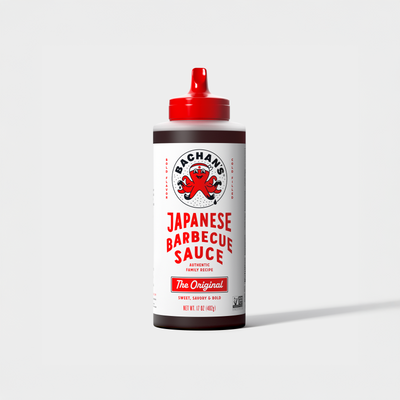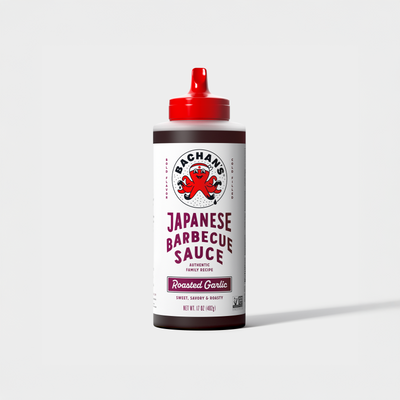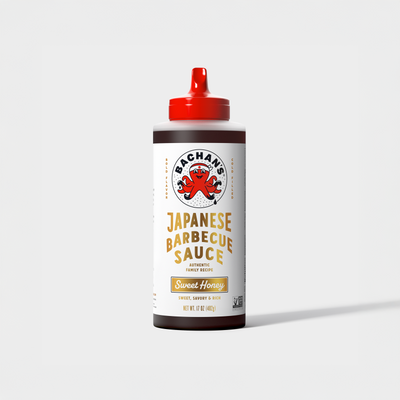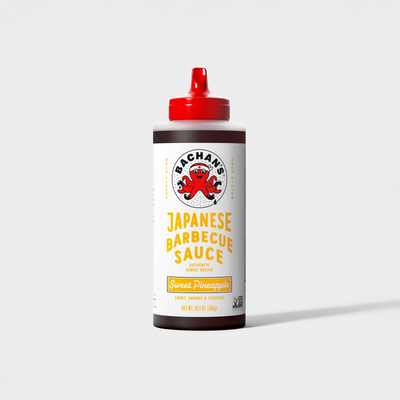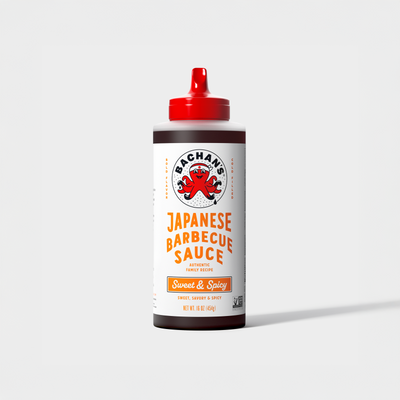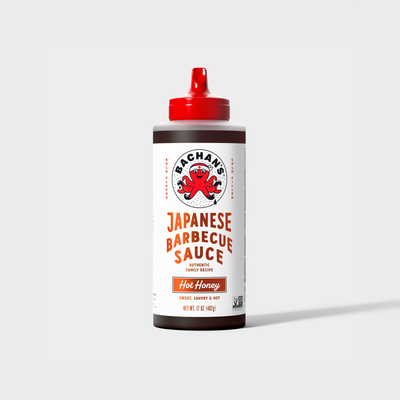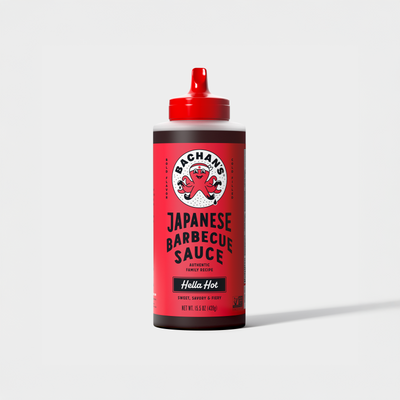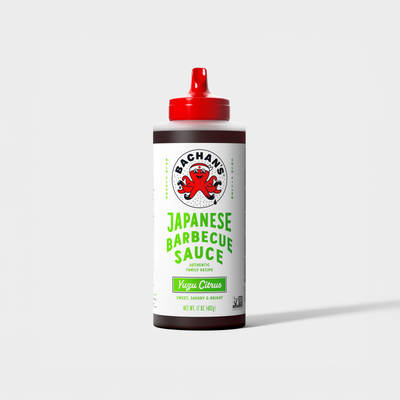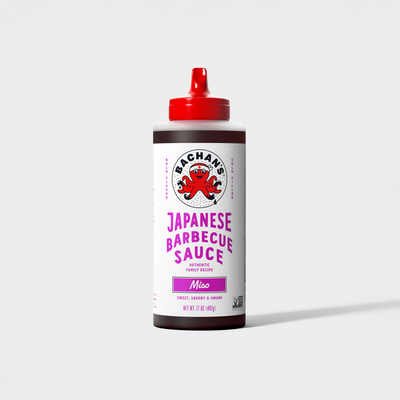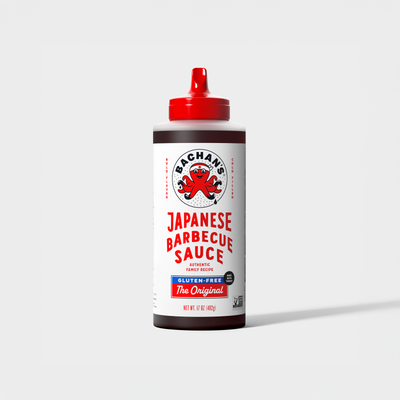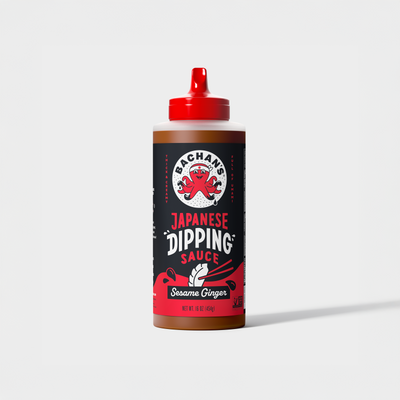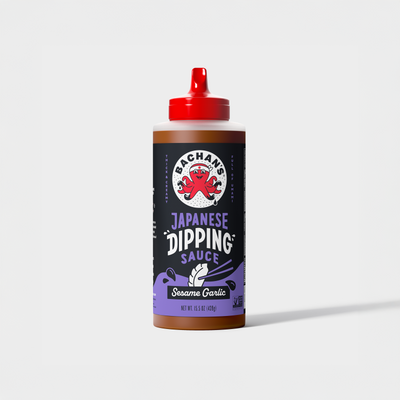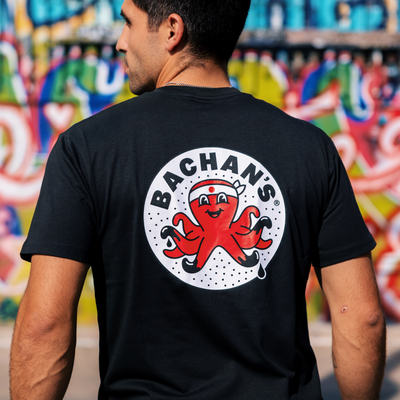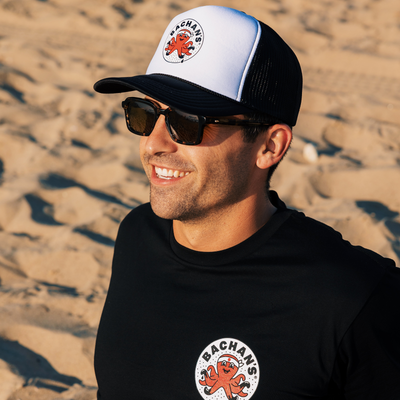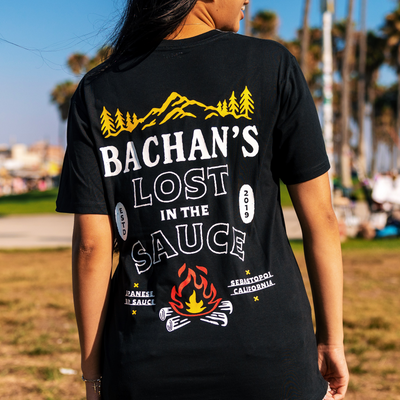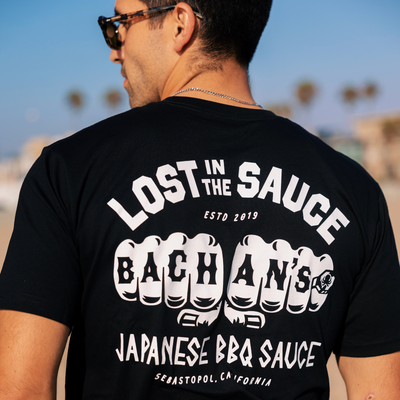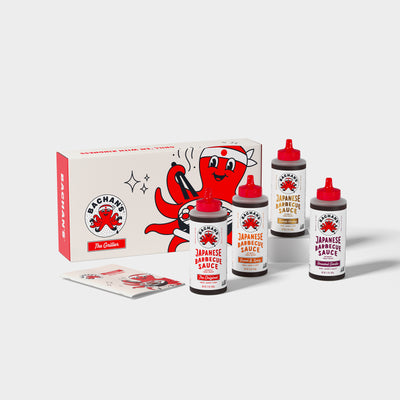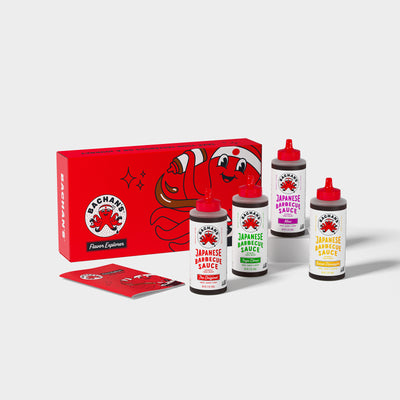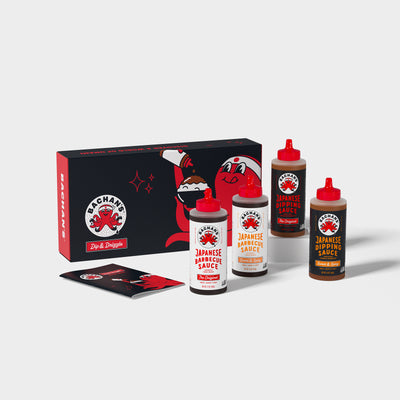Posted by Corey Loftus on
Yuzu Pan Seared Duck
- Cook Time: 30 Mins
- Serves: 2
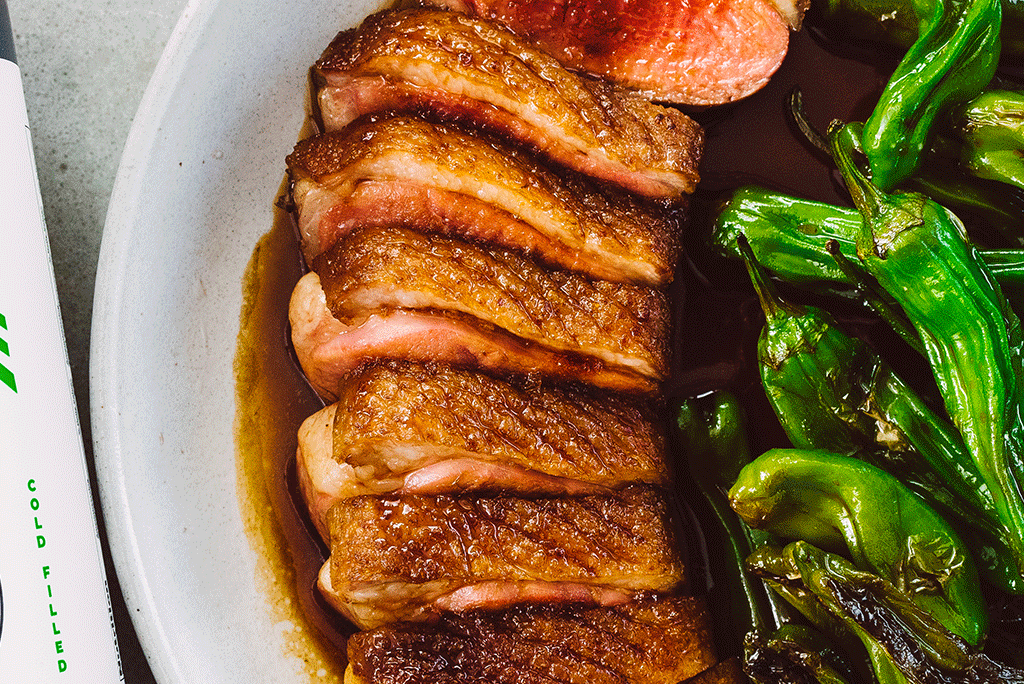
Ready for a fowl-proof meal that’ll have your tastebuds on the rollercoaster ride of their lives? (That’s our only bird pun — promise.)
This pan-seared Japanese duck recipe requires only four ingredients and is ready to eat in just 30 minutes. The rich and tender duck pairs beautifully with Bachan’s bold and savory-sweet Japanese barbecue sauce, coming together in a flavorful dish that the whole family will love. Grab your sauté pan and a knife, and let’s get cooking!
A Culinary Delicacy in the Japanese Culture
In Japan, duck — or kamo — has long been a go-to dish to warm the soul. It’s often eaten in the style of nabe, or hot pot, where the duck and vegetables are boiled in a broth. Some will eat it as soup, while others separate the solids from the liquid to enjoy them separately. Nabe, a shared meal, has long been a way to bring families and communities together around the table.
You can also prepare duck yakitori style. Now, the word translates to “grilled chicken,” but you can use any meat, including duck. Essentially, the meat is chopped up into smaller pieces, often served on a skewer. It’s a common staple for street food vendors in Japan. While traditionally, yakitori is made over a binchotan, a special type of charcoal, there are ways to recreate it at home.
However, a delicious way — nay, one of our favorite ways — of preparing Japanese duck is pan-searing it.
Great. Now we’re hungry again.
At Bachan’s — which translates to grandma in Japanese — we’re all about creating meals that bring loved ones together. Our recipe has been passed down for generations and we are confident in saying that the best way to keep the heritage alive is with ridiculously good food.
How to Cook Duck Breast
We know, we know. The last time you tried a new recipe, you set the smoke detector off. You’re scarred. Your neighbors are scarred. Let’s talk about how to cook your Japanese duck to tender perfection without the fire department on speed dial.
First, take your duck meat out of the refrigerator and allow it to sit for 20 to 30 minutes so that it hits room temperature. This helps get the juices flowing. No, we mean that literally. When you let the temperature go up a little before cooking, it means you can cook it with less heat, leaving it succulent beyond all reason. This also allows Bachan’s to soak in more thoroughly. Yes.
Next, pat it dry.
If you’re preparing Japanese duck breasts, how can you ensure that they don’t stick to the pan? Since duck is a more fatty meat, similar to steak, you don’t need to add a lot of butter or oil to the pan, although we’d eat butter by the stick if people didn’t look at us funny. Sometimes, a small spoonful of extra fat will do. Some people will even add a tiny amount of rendered duck fat.
However, as you’re cooking it (assuming you don’t turn the heat up too high), the meat will release its own fat, and that’ll prevent the duck breast from sticking to the pan.
If your duck breast still has the skin on it (which we recommend), one cool trick is to cook it the majority of the time with the skin down. This will help to release most of the fat, and as a bonus, the skin will get nice and crispy. And 10 out of 10 experts agree that crispy skin is the best part of Japanese duck.*
*It’s us. We’re the experts.
Don’t worry about it ending up overcooked — the skin prevents that from happening.
Many people think that since ducks are birds, you should cook them like you would cook chicken. However, ducks are red meat. This means you want to cook them how you’d cook a steak! After it’s had a chance to rest, the internal temperature should be somewhere between 125°F and 140°F. You can go above that range, but just like steak, it’ll become tough and dry, and then no one’s happy.
Won’t the Duck Breast Be Greasy?
Not if you cook it properly, which we know you will! One of the reasons we recommend scoring the meat is that it helps to drain the excess fat. Plus, it’ll allow Bachan’s Yuzu Japanese Barbecue Sauce to better soak in, ensuring you get a juicy burst of flavor in every bite.
And remember, duck fat is different from something like beef fat, which is often marbled. Duck fat renders more easily, which means you have more control when it comes to removing it.
This is why you don’t have to worry about your duck breast being greasy.
Why Does the Pan Need to Be Cold?
Great question!
Many recipes, especially when you’re cooking with meat, call for the pan to be hot before you drop the food in. However, when you’re cooking a fattier piece of meat — as you are with this Japanese duck breast recipe — starting with a cold pan, and then cooking it on lower heat, allows more time for the duck fat to render. This also means that the meat will stay tender and juicy, instead of tough and chewy.
If you toss a duck breast onto a hot pan and hear it sizzling, we know the sound is satisfying but more than likely, the outside will end up burned and the inside will be raw. Don’t eat raw duck. Just don’t.
The Best Sides for Japanese Duck Breast
The duck might be the focal point of the meal, the highlight, the pièce de résistance, but we’re going to guess that you’d like to pair your duck breast with a delicious side. With Bachan’s teriyaki-esque flavor, this Japanese duck breast recipe will go nicely with any sort of sauteed vegetables and a carb like white or brown rice. Japanese cuisine typically features short-grain white rice.
For something a little lighter, try it with a side of kale and apple salad or veggie stir fry. If you want a heavier carb, go for furikake fries or asparagus fried rice. In fact, Bachan’s connoisseurs agree that the best way to get the little ones to try something new and different, like Japanese duck, is to pair it with something they already know and love — like fries.
And for the adults, go ahead and pour yourself more sake. We won’t tell anyone. In fact, pour another for us.
In keeping with Japanese cuisine, the duck also plays nicely with enoki mushrooms, which you can saute on the stovetop in minutes. Want to add a little spice to the dish? Try a dab of wasabi, but get the firehose ready.
If you try cooking with Bachan’s, be sure to tag us on Instagram and let us know how it went.
Want to try something different? View all of our recipes to discover more delicious ways to cook with Bachan’s! And if you want to really set your mouth on fire, try Bachan’s, hot and spicy style.
Directions
ingredients
2 duck breasts, about 4-5 ounces each
salt
1/4 cup Bachan's Yuzu Japanese Barbecue Sauce
2 tbsp unsalted butter
Prep Time: 5 Minutes
Cook Time: 30 Minutes
Serves: 2

